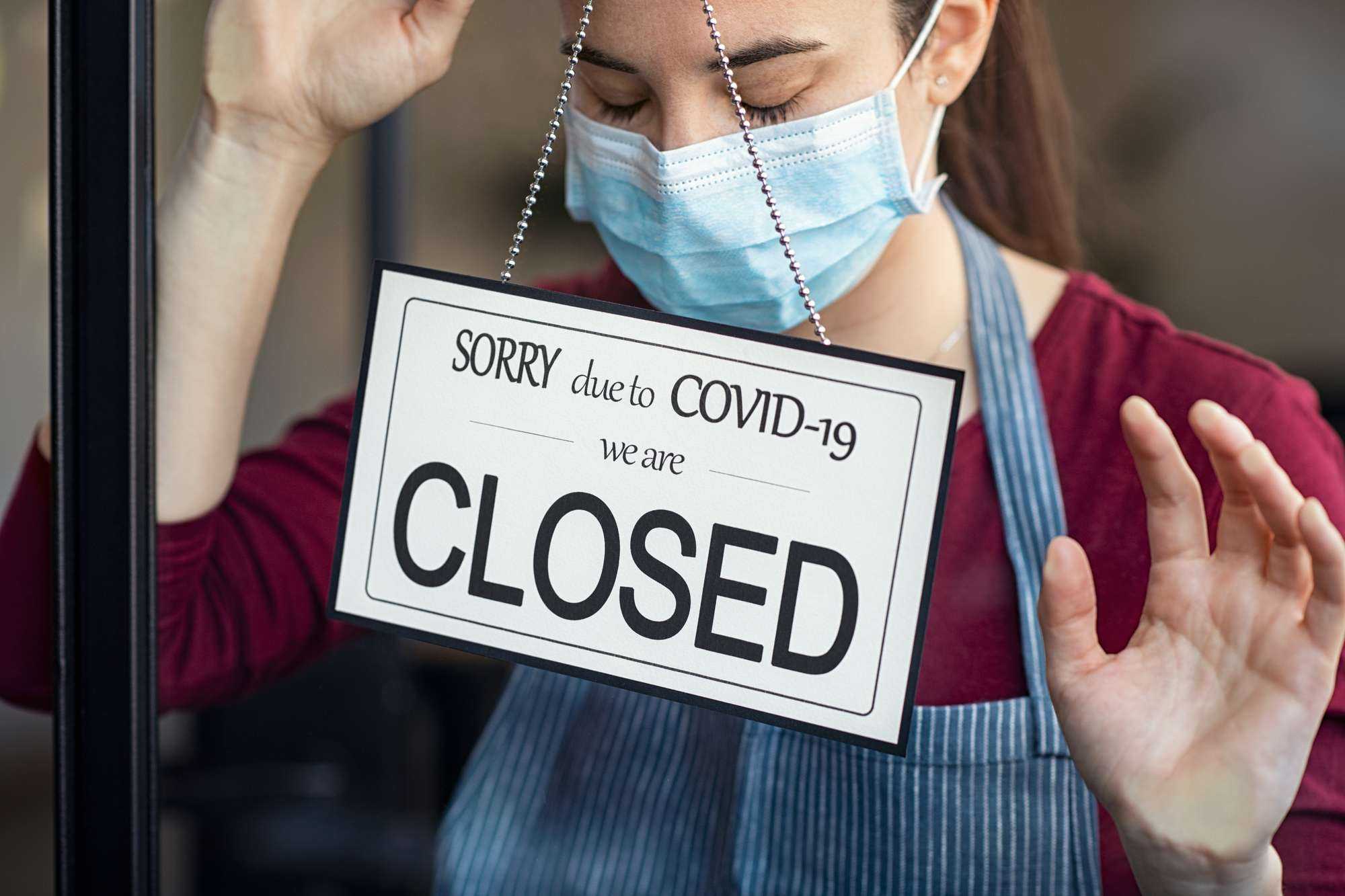on
BY SIMONE J. SMITH
“Currently, it is illegal to go to the gym, yet, the Toronto Maple Leafs can train and Olympians can train. Why are the gyms not allowed to open? There seems to be a different set of rules, for different sets of people.” Ryan O’Connor
Something that this pandemic has taught me is that many of us living in Canada are ignorant of the law. I get it. Aspects of the law are confusing, and you might find it mentally taxing. It is filled with what I call unnecessary jargon, meant to confuse and deter those who are not able to understand the rhetoric. It is no wonder that many of us are heeding to laws that we don’t know are unconstitutional. How would we know?
This is why I reached out to Ryan P. O’Connor a partner at Zayouna Law Firm. I wanted to speak with someone who would be able to sift through the noise, and expose information that will help many of us in the community navigate through this pandemic.
The team at Zayouna Law firm have dedicated their time to serving seriously injured clients. They provide legal services for commercial litigation, and have experience in both dispute and litigation needs. From my experience with Ryan, I see that as a team, they take the time and go the extra mile to become personally acquainted with their clients. During our interview, Ryan made me feel comfortable. I didn’t feel intimidated during our discussion, and he took the time to educate me so that I would be able to educate the community.
<center>
<p>
</center>
Ryan is an experienced litigator, and advocates for clients in areas such as: personal injury, insurance, employment, libel and defamation, and appeals. What brought us together is Ryan’s interest in public affairs and public policy. He assists by advising clients in regulatory and compliance matters involving federal and provincial legislation.
This is not his first time in the public eye. He has appeared in the media commenting on legal matters in relation to his area of expertise. His most current case is a constitutional challenge on behalf of a gym in Kitchener. As many of us know, independent gyms have been forced to close, even though gyms that house professional sports athletes have been allowed to stay open. Special Olympians are not allowed to train, and this has had an impact on members of the disability community.
“I have a COVID-19 Advisory Practice, and I completely understand why businesses are confused. Rules seem to change every couple weeks. A lot of businesses don’t know their legal options because the rules are so arbitrary. It is illegal to go to the gym, yet the Toronto Maple Leafs can train, and Olympians can train. Why are the gyms not allowed to open? There seems to be a different set of rules, for different sets of people.”
When I heard about what he was doing, I arranged a meeting to learn a little more about our constitutional rights and freedoms, and to share with the community some of that information.
A big topic of public discussion is masks. “Ryan,” I began. “What should people and businesses know about masks, and the laws that govern wearing masks?”
“The first thing we must know is that municipalities have different masking by-laws. What I can tell you is that a business does not have the right to ask you why you are not able to wear a mask. They do not have the right to ask you personal health questions. If you have a medical issue, or a mental health issue, a business has no right to have you expose that in public.”
My next step was to research and learn the Human Rights Code Issue. This ensures and promotes the full realization of all human rights and fundamental freedoms for all persons with disabilities without discrimination of any kind on the basis of disability.
When it comes to masks, the bylaw making the wearing of masks inside businesses mandatory in Toronto, Bill 511 (“Bill”), contains a number of circumstances in which an individual is exempt from the requirements to wear a mask:
- Children under the age of two
- Persons with an underlying medical condition which inhibits their ability to wear a mask or face covering
- Persons who are unable to place or remove a mask or face covering without assistance
- Employees and agents of the person responsible for the establishment within an area designated for them and not for public access, or within a physical barrier, and
- Persons who are reasonably accommodated by not wearing a mask or face covering in accordance with the Ontario Human Rights Code.
Additionally, section 2(d) of the Bill states that proof of any exemptions are not required to be provided to the employer or establishment.
It is interesting to me that even though these laws are clearly stated, many of us are blindly disobeying them. Many employers don’t realize that given the nature of the exemptions related to underlying medical issues, refusing service to those who are unable to wear a mask could result in consequences with the Human Rights Tribunal of Ontario (HRTO) on the basis of disability. An employer could become liable for human rights damages should they demand evidence of any disability-related exemptions as a condition to permit entry.
YOU should not experience harassment or other discriminatory treatment based on a Code ground because you are unable to wear a mask, or choose to wear, or not wear, a mask, based on advice from public health officials. Everyone involved should be flexible and explore whether individual accommodation is possible. This includes providing alternative ways a person might safely continue to work, receive a service or live in congregate housing.
I was curious; what other constitutional rights have been obstructed or ignored during this pandemic. Ryan introduced to me Section 15 of the Canadian Charter of Rights and Freedoms, which states:
- (1) Every individual is equal before and under the law and has the right to the equal protection and equal benefit of the law without discrimination and, in particular, without discrimination based on race, national or ethnic origin, colour, religion, sex, age or mental or physical disability.
“What this means,” Ryan explained, “is that every individual in Canada, regardless of: race, religion, national or ethnic origin, colour, sex, age, physical or mental disability, is to be treated with the same respect, dignity and consideration. Governments are not to discriminate on any of these grounds in its laws or programs.”
This made sense to me. It is why in the masking by-laws, there are exemptions given. Upon further research I learned that the government must not discriminate on any of these grounds in its laws or programs. The Supreme Court of Canada states that the purpose of section 15 is to protect groups of individuals who suffer: social, political, and legal disadvantage in society. Discrimination occurs when a person (in this case someone who cannot wear a mask) is denied opportunities (going into a store) available to other members of society.
Another infringement that occurs when asking someone why he or she can’t wear a mask is a person’s right to privacy.
In 1948, the General Assembly of the United Nations adopted and proclaimed this right to privacy in Article 12 of the Universal Declaration of Human Rights. Article 12 states; “No one shall be subjected to arbitrary interference with his privacy, family, home or correspondence, nor to attacks upon his honour and reputation. Everyone has the right to the protection of the law against such interference or attacks.”
Now, there are so many directions I can go with Article 12, but in this moment, we will remain focused on infringements to our current freedoms. Privacy is “the right to be let alone.” The Oxford dictionary defines privacy as a “State in which one is not observed or disturbed by other people.” Being asked in a public space (Superstore, Costco, Shoppers Drug Mart), why you are not able to wear a mask goes against your right to privacy.
“The issue,” Ryan continues to explain, “is the lack of public education. It is illegal for business owners to ask someone why he or she is not wearing a mask. People are not educated. They are conforming to rules that don’t exist.”
It is good to know that there are some freedom fighters working on behalf of the people. Our job is to learn about our rights and freedoms, and to ensure that they are being upheld.
Stay in the loop with exclusive news, stories, and insights—delivered straight to your inbox. No fluff, just real content that matters. Sign up today!
We, as humans are guaranteed certain things in life: stressors, taxes, bills and death are the first thoughts that pop to mind. It is not uncommon that many people find a hard time dealing with these daily life stressors, and at times will find themselves losing control over their lives. Simone Jennifer Smith’s great passion is using the gifts that have been given to her, to help educate her clients on how to live meaningful lives. The Hear to Help Team consists of powerfully motivated individuals, who like Simone, see that there is a need in this world; a need for real connection. As the founder and Director of Hear 2 Help, Simone leads a team that goes out into the community day to day, servicing families with their educational, legal and mental health needs.Her dedication shows in her Toronto Caribbean newspaper articles, and in her role as a host on the TCN TV Network.













